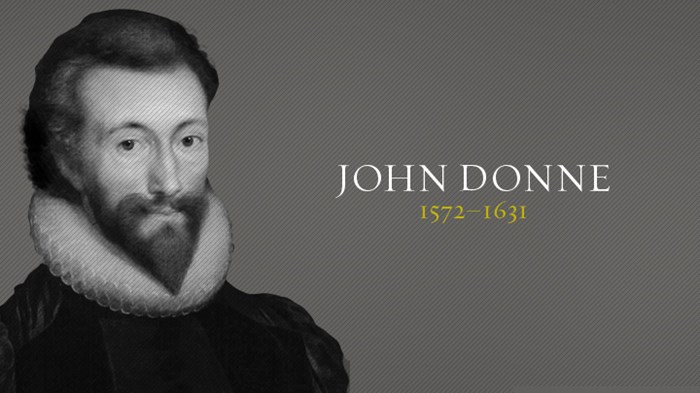This is my third book I’ve read by this author. None have been duds.
My interview with the author on his terrific book about Madison’s political philosophy can be found here:
Staying Home on Election Day? What would James Madison Say?
And my review of Garrett Sheldon’s memoir can be found here:
MEMOIR OF A GRATEFUL ACADEMIC
In The New History of Political Theory, Sheldon ably covers the political waterfront with brief, but meaty chapters on twenty key figures from Socrates to John Rawls. These twenty are covered in a little over 200 pages but be assured that the author presses much into this terrific book. I can report that my marginal notes almost equaled the number of pages in this book.
Early on, Sheldon poses this critical question, “Is man naturally social or naturally solitary?” Much hangs on how we answer that question, not only for our own lives, but also for the societies we want to inhabit. If we are social, and my vote is decidedly in the affirmative, then we need to be about the kind of community building that reflects that priority.
I just read Jesse Norman’s terrific, intellectual biography of Edmund Burke. I am happy to say that Sheldon has a chapter on Burke. Burke equally chided both those on the left and right that they had forgotten how important so-called social issues and interactions are in governing well.
Sheldon’s book is more than a primer on political philosophy. It thoughtfully forces us to wrestle with issues of grand significance. What is the nature of humans? Are we naturally good? And much more.
I often say that we Christians are more beholden to John Locke than John Calvin. Let Sheldon clarify why this may be the case. Being instructed by a master teacher and careful scholar will be time well spent.

